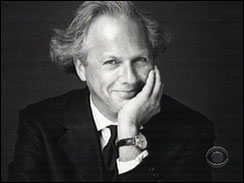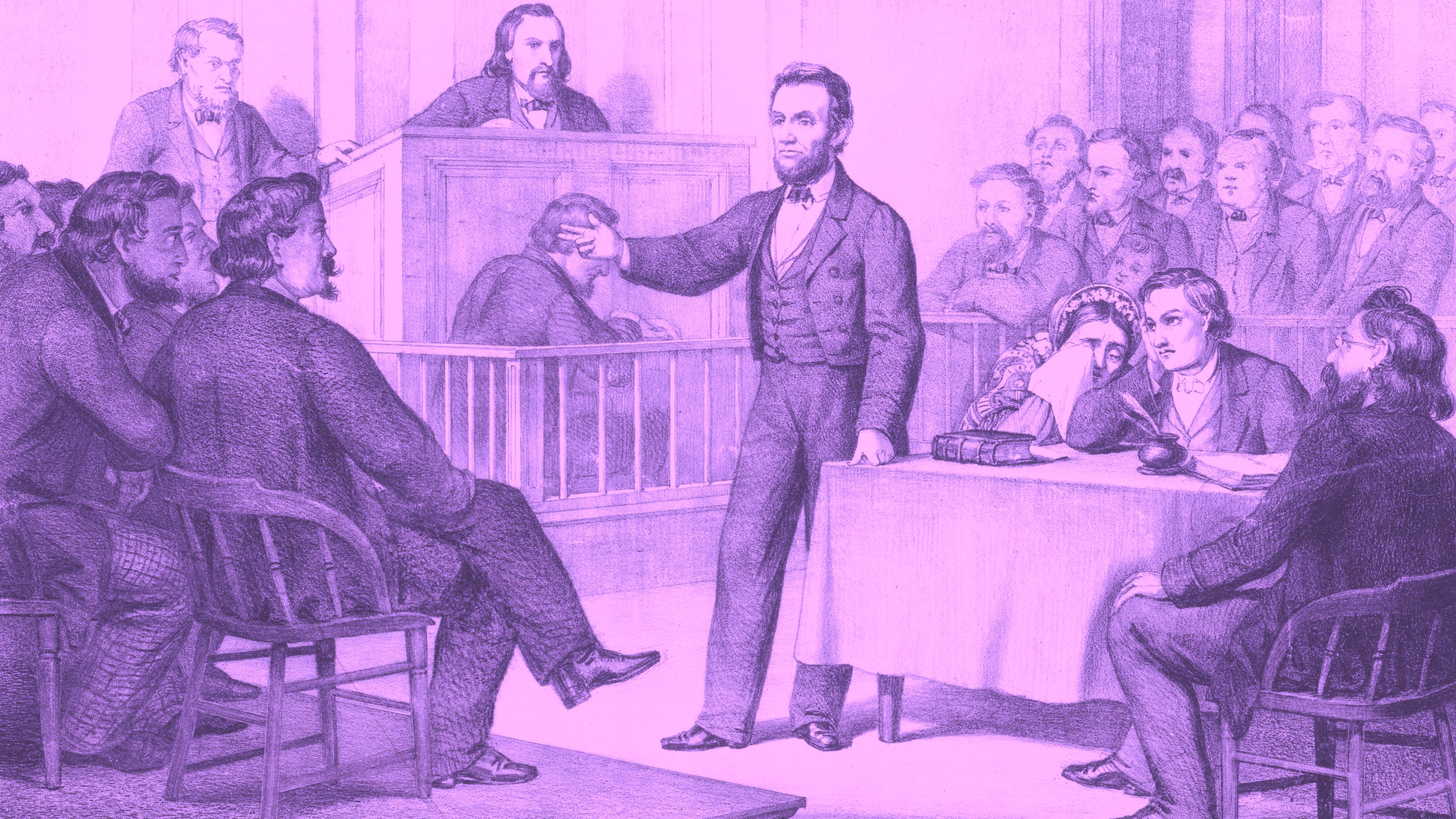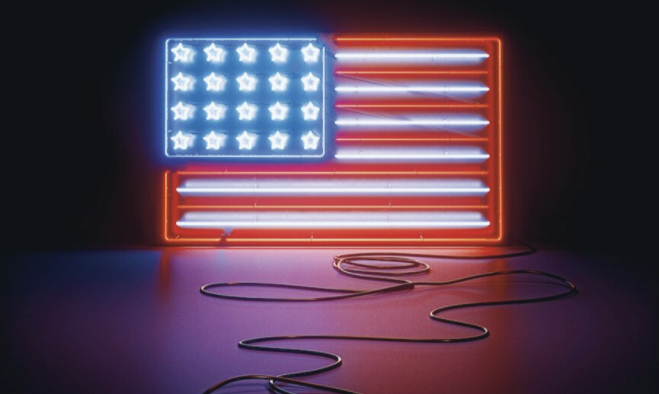Graydon Carter’s Jewel-Box

Vanity Fair’sPresidential Profiles, edited by Graydon Carter, is a jewel. Or, a jewel-box: a tiny, elegantly conceived, and ruthlessly crafted jewel-box of a book. It will make you wish you’d had Carter as your American History teacher. It might even make you wish Carter could train his editorial instincts, and those of his star contributing editors, onto topics this relevant to every American schoolchild’s education.
Presidential Profiles takes as its inspiration a series of “profiles,” portraits by artist Mark Summers. Each President is depicted, and viewed in exactly the same position, facing to the right of the page. Summers claims to have aimed at neutrality when portraying them, and indeed very few of them show any sign of emotion. Summers’ only stated goal was realism—and impact. He has achieved this, and leaves us with a flipbook of American power– a topic Vanity Fair knows well, a topic with requisite depth.
The written profiles accompanying the drawings are a bonus. Here is Todd S. Purdham on Jefferson:
[Jefferson] is the great conundrum of the American story: the Author of Liberty, who owned slaved. As she and awkward in person as he was forceful with his pen, Thomas Jefferson two centuries ago retired the title of Presidential Polymath. Architect, horticulturist, inventor, natural scientist, viticulturist, political philosopher, he even published his own version of the New Testament, focusing on the words of Jesus and removing all references to miracles and divinity . . . in the most intimate way, Thomas Jefferson embodied America’s ambivalence about its original sin.
And, later, Purdham on Obama:
Obama’s critics have attacked his bona fides, his tendency to take on too much, and his belief in big government, but he brushes them off. He has always worn his ambition lightly; he is driven, without seeming to be so. His stylish wife and two little girls have brought a grace and a glamour to the White House not seen since the days of J.F.K. His story is unfinished, but his nation is already changed.
Amen. In a time when we are no longer certain what we want in an American president—hero, reformer, revolutionary, lackey, movie star—it is instructive to review the breadth of what has come before what we have now. Not unlike the restless wife cataloguing past beaus and finding them, increasingly, less interesting than she’d remembered, reviewing our presidents might be a way to recall some of history’s sins, and subsequently to be grateful for the (relative) virtues of what we have today. Read this book.




